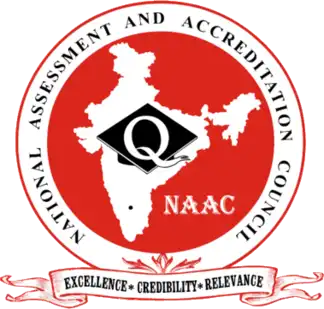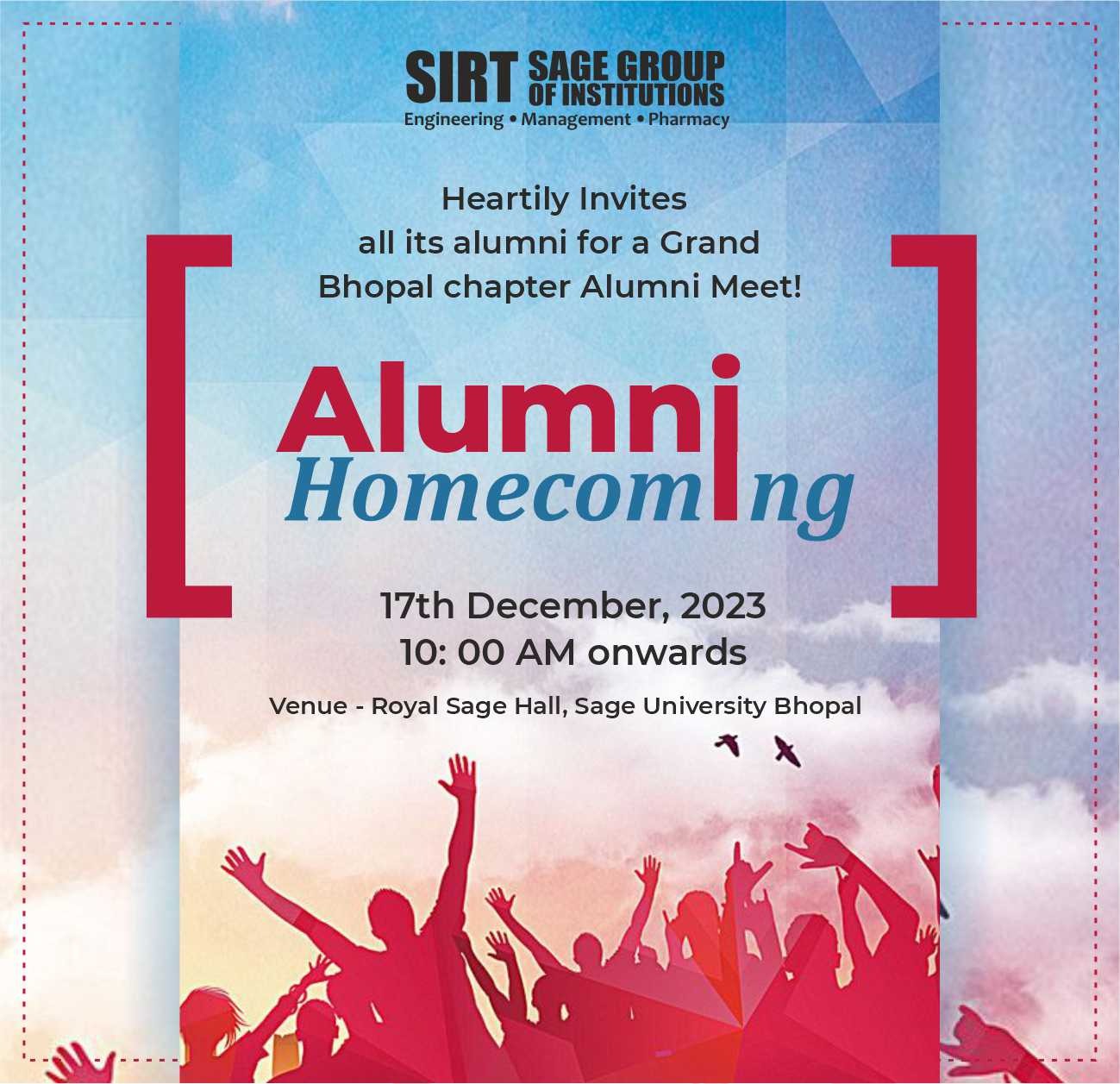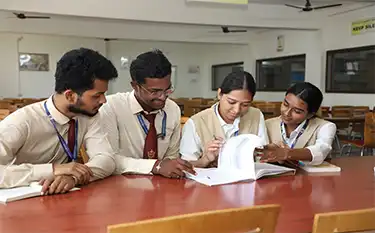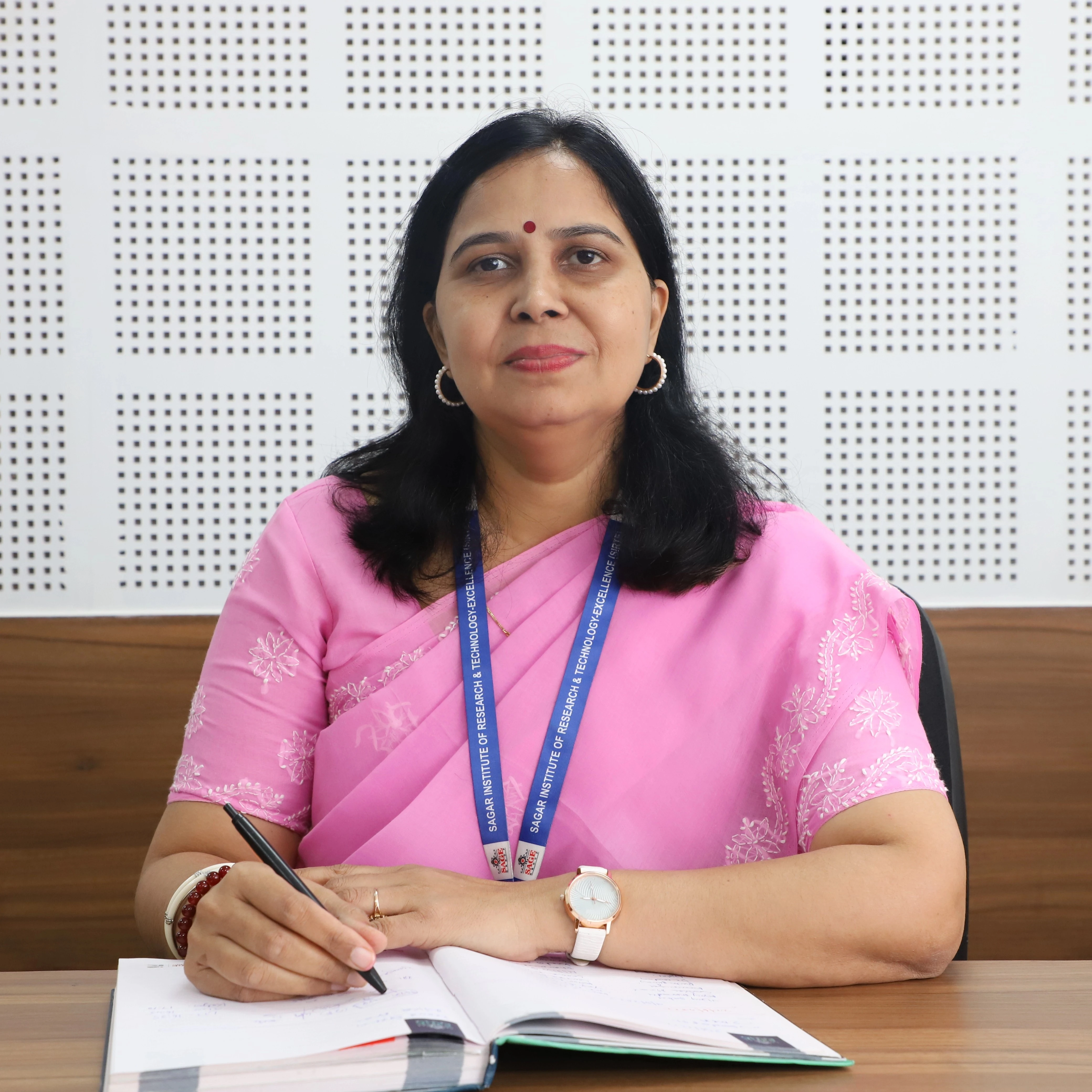Welcome to the Department of Applied Science, where scientific curiosity meets real-world solutions. We bridge the gap between fundamental science and practical applications, equipping you to understand and manipulate the world around us. Imagine a world without the science behind the materials in your phone, the energy powering your home, or the analysis behind life-saving medicines. Applied science is everywhere. Our program delves into core scientific disciplines like physics, chemistry, Communication Skills and mathematics, emphasizing their practical applications in various fields.
We believe in going beyond theory. Through hands-on labs, experiments, and potential internship opportunities, you will gain practical experience using cutting-edge tools and technologies.
Our department fosters a supportive and collaborative learning environment. You will learn from experienced faculty member who are passionate about science, talented peers who share your curiosity, and industry experts who bring real-world applications into the classroom.




